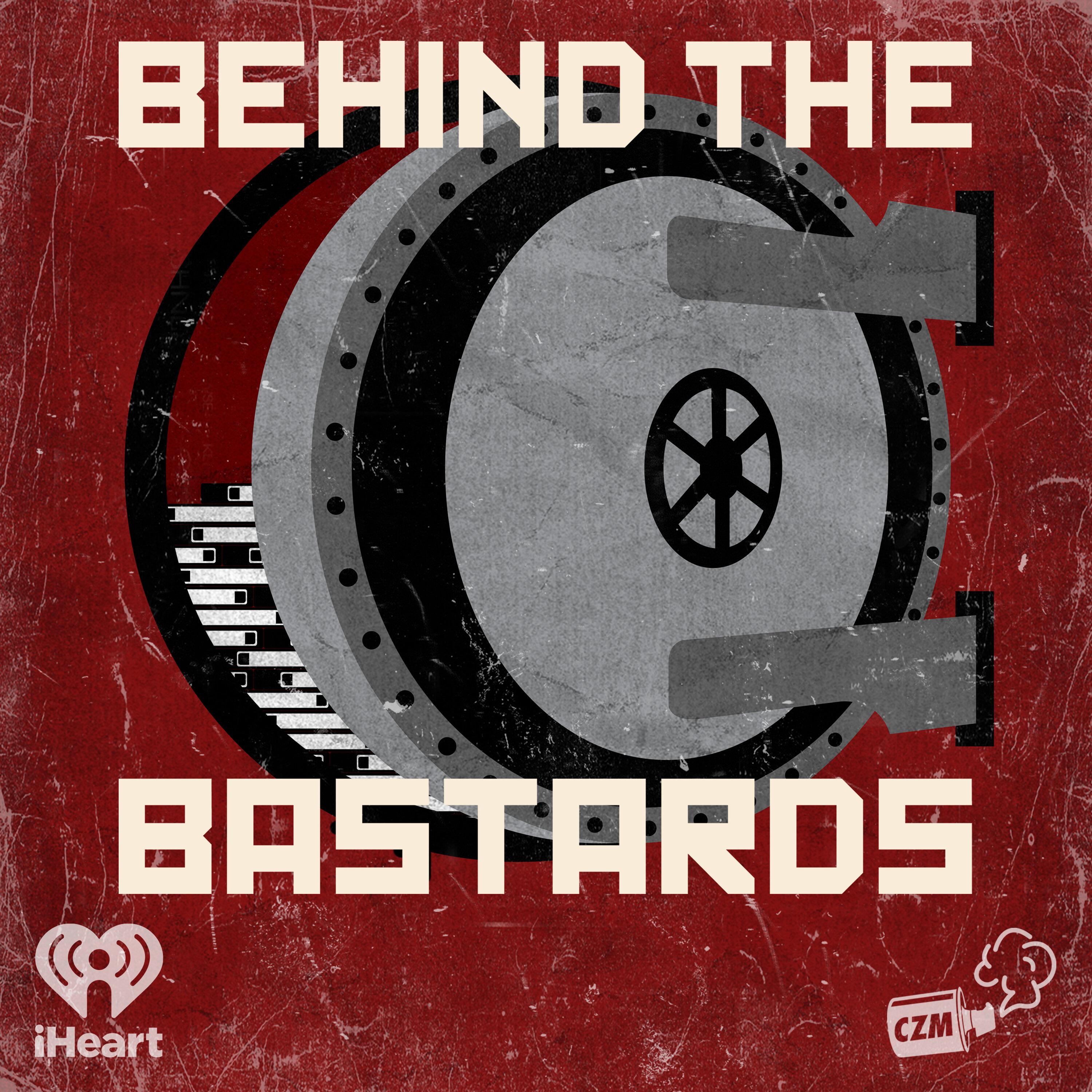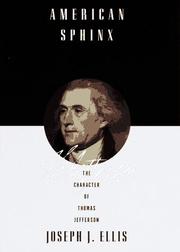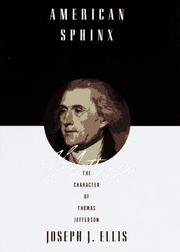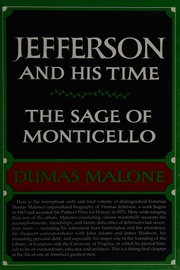📚 4 Books mentioned in "Part Three: Thomas Jefferson: King of Hypocrites | BEHIND THE BASTARDS" of Behind the Bastards

Podcast: Behind the Bastards
Episode: Part Three: Thomas Jefferson: King of Hypocrites | BEHIND THE BASTARDS
Published on June 12, 2024
Here’s a list of all the books mentioned in this episode. Click on the links to watch specific excerpts on YouTube and feel free to purchase the books if they caught your interest!

American Sphinx
Buy American Sphinx by Joseph J. Ellis on Amazon
And that is contrary to how he is depicted even in Ellis's book American Sphinx. He has this long passage where he’s like there was no such thing as good slavery; like it was bad and it was hypocritical of Jefferson.
The podcast host references the book *American Sphinx* by Joseph J. Ellis to illustrate the contradictions between Thomas Jefferson's public statements and his practices, particularly regarding slavery. The discussion highlights how Jefferson's legacy is often sanitized, despite documented evidence of his hypocrisy as described in the book.

American Sphinx
Buy American Sphinx by Joseph J. Ellis on Amazon
So the ideological incoherence between some of the words and most of the actions of this prophet of liberty is really well described in Ellis's book, American Sphinx, which is kind of written to explain this part of Jefferson.
The book *American Sphinx: The Character of Thomas Jefferson* by Joseph J. Ellis is mentioned in the context of discussing the ideological inconsistencies between Jefferson's words and actions, especially in relation to slavery. It's used to shed light on the contradictions in Jefferson's character.
In American Sphinx, Ellis bo—chicken season, yeah!
The hosts mention the book 'American Sphinx: The Character of Thomas Jefferson' by Joseph J. Ellis while discussing Thomas Jefferson.
I'll quote first a passage from the original edition of American Sphinx published in 1996.
Robert Evans quotes from Joseph J. Ellis's book *American Sphinx: The Character of Thomas Jefferson*, originally published in 1996, during a discussion about historical views on Thomas Jefferson's relationship with Sally Hemings.
One of those things— I don’t entirely disagree with this; in American Sphinx, Ellis calls it revolutionary realism and compares Jefferson's thinking to Lenin and Mao.
In the podcast, the host discusses how the book *American Sphinx* by Joseph J. Ellis describes Thomas Jefferson's ideological approach as 'revolutionary realism,' drawing parallels between Jefferson and historical figures like Lenin and Mao.

Jefferson and his time
Buy Jefferson and his time by Dumas Malone on Amazon
Very much so, the 1890s, Dumas Malone writes a six volume history of Thomas Jefferson. This is generally considered to be like the first definitive biography of Jefferson.
Dumas Malone's six-volume biography of Thomas Jefferson is recognized as the first definitive account of Jefferson's life. This work is noted for its comprehensive detail but has been critiqued for downplaying Jefferson's role as a slave owner.

Notes on the state of Virginia
Buy Notes on the state of Virginia by Thomas Jefferson, Thomas Jefferson, Logan, James on Amazon
No, at all. Yeah. Malone goes on to quote another line from Notes on the State of Virginia, which he describes as perhaps the most erudite summary of the evil of slavery: And can the liberties of a nation be thought secure when we have removed their only firm basis, a conviction in the minds of the people that these liberties are of the gift of God, that they are not to be violated, but with his wrath?
The podcast discusses a line from Thomas Jefferson's book, *Notes on the State of Virginia*, where he delves into the notion of slavery and its threatened impact on the liberties of a nation. Jefferson's words are analyzed as being a profound articulation of the moral complexities surrounding the institution of slavery.
